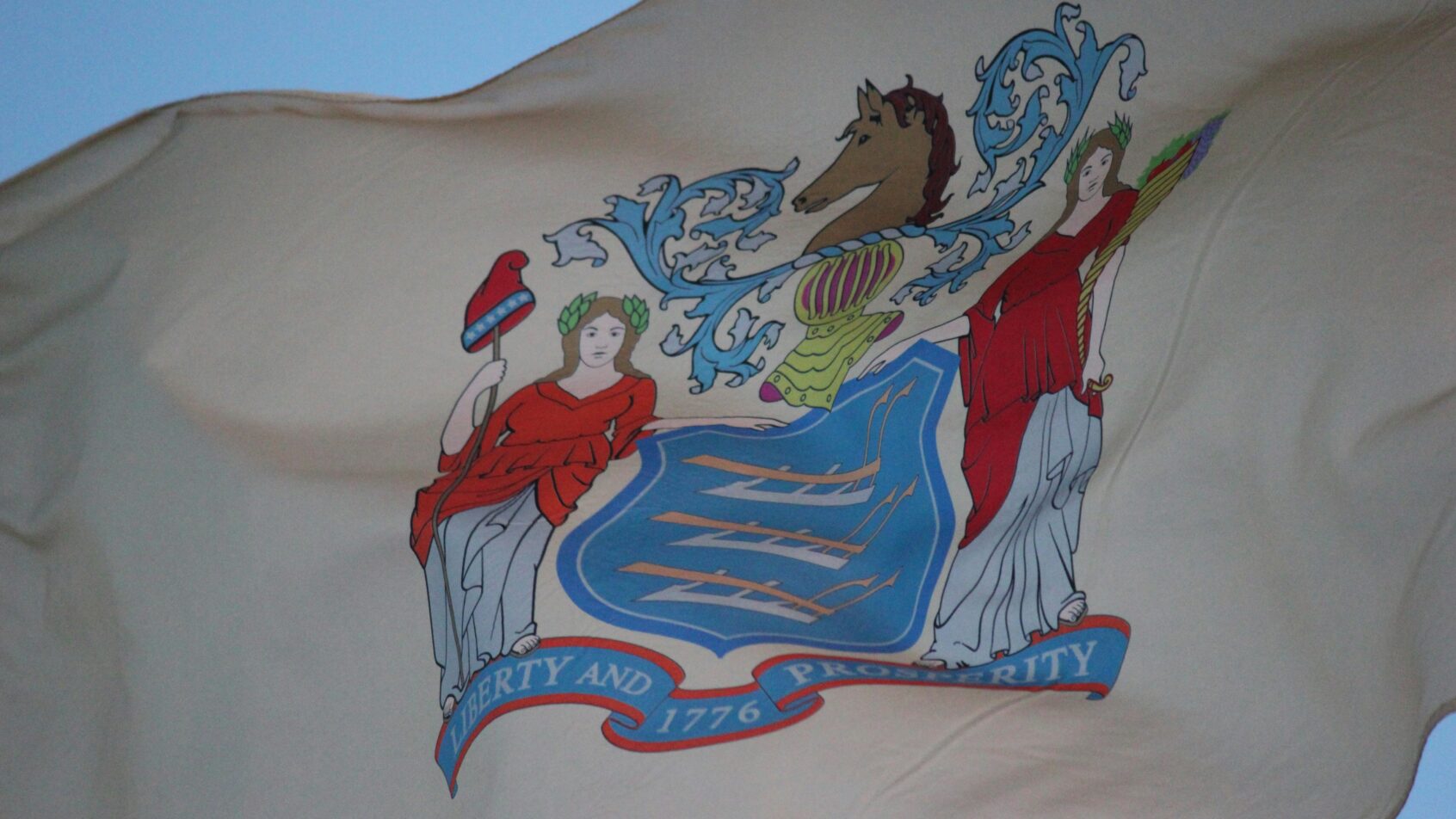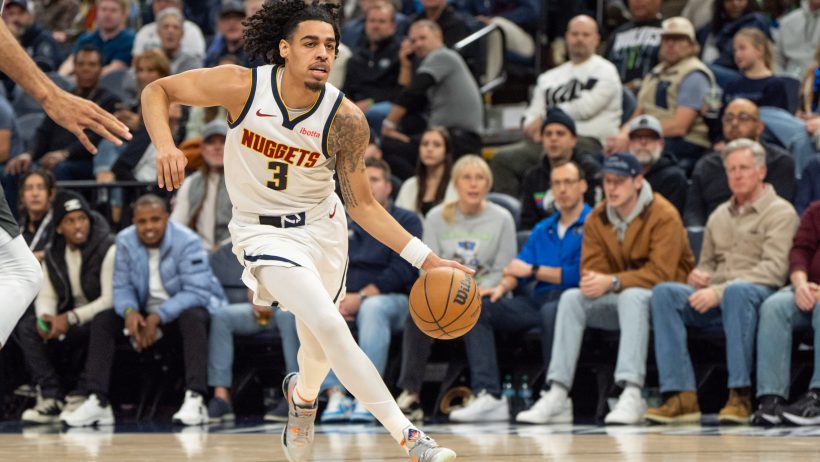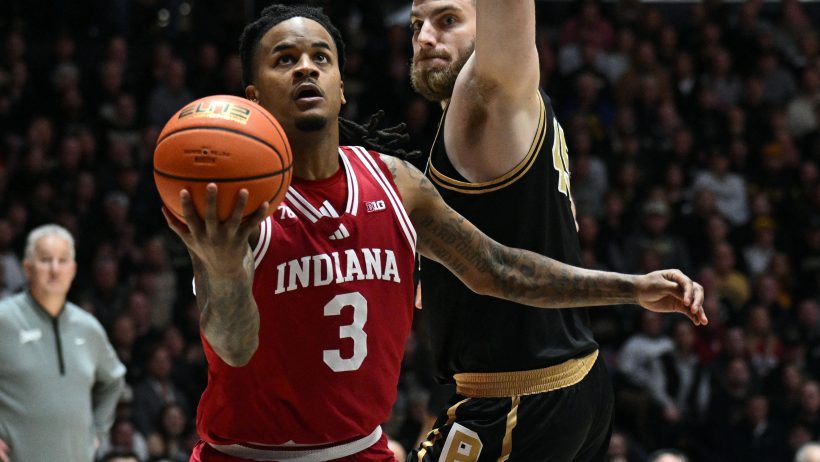Kalshi Scores Preliminary Legal Battle Victory in New Jersey
By Robert Linnehan in Sports Betting News
Published:

- A U.S. District Court judge granted Kalshi a motion for a temporary restraining order and preliminary injuction
- The action will allow Kalshi to continue offering sports event contracts in the state as its lawsuit proceeds
- The judge noted Kalshi’s sports event contracts also fall within the exclusive jurisdiction of the CFTC
Kalshi has secured an early legal victory in its lawsuit against New Jersey gaming regulators and their attempt to block the sports event contract market within its borders.
A United States District Court in New Jersey has granted Kalshi’s motion for a temporary restraining order and preliminary injunction against the New Jersey Division of Gaming Enforcement and New Jersey Casino Control Commission. This decision will allow Kalshi to offer its sports event contracts in the state through the lawsuit’s proceedings.
The ruling is similar to one also made in Kalshi’s lawsuit against the Nevada Gaming Control Board.
Kalshi May Continue in New Jersey…For Now
United State District Judge Edward S. Kiel made the ruling today, even citing the initial ruling made by U.S. Federal Chief Judge Andrew P. Gordon in Kalshi’s favor for its Nevada lawsuit.
Kiel said it’s his opinion the event contract markets fall under the exclusive jurisdiction of the CFTC.
“Finally, I am persuaded that Kalshi’s sports-related event contracts fall within the CFTC’s exclusive jurisdiction and am unconvinced by defendants’ arguments to the contrary. Defendants argue that sporting events are without potential financial, economic, or commercial consequence. On the record before me, I disagree,” he wrote.
Kalshi has asserted in it lawsuits in both New Jersey and Nevada that neither of the state regulatory bodies have the right to intrude on the government’s “exclusive” authority to regulate prediction markets.
Kiel noted in his initial decision that the special rule for event contracts “states that no agreement, contract, or transaction determined by the CFTC to be contrary to the public interest may be made available on a registered market.”
“Therefore, at this stage, Kalshi’s sports-related event contracts evidence – by their very existence – the CFTC’s exercise of its discretion and implicit decision to permit them,” he wrote.
Three Lawsuits Filed by Kalshi
In response to a number of states issuing cease-and-desist orders to Kalshi for their sports event contracts, the company filed three lawsuits against New Jersey, Nevada, and Maryland gaming regulators asserting they had no statutory power over their offerings.
Kalshi sued both Nevada and New Jersey gaming regulators in late March in response to the notices. It filed another lawsuit last week against John A. Martin, Secretary of the Maryland Lottery and Gaming Control Commission and Director of the Maryland Lottery and Gaming Control Agency.
At the heart of the issue is the key question as to who actually regulates sports event contracts. Kalshi believes that state regulatory bodies do not have the right to intrude on the government’s “exclusive” authority to regulate prediction markets.

Regulatory Writer and Editor
Robert Linnehan covers all regulatory developments in online gambling and sports betting. He specializes in U.S. sports betting news along with casino regulation news as one of the most trusted sources in the country.



